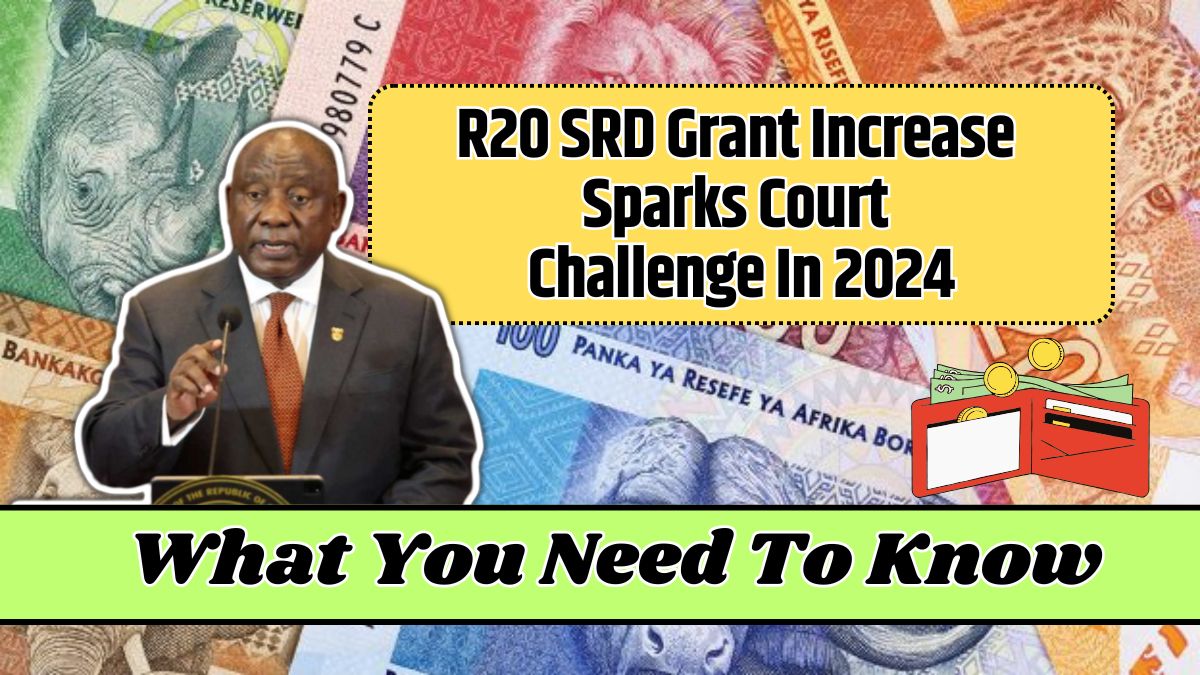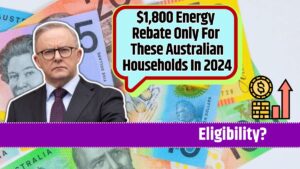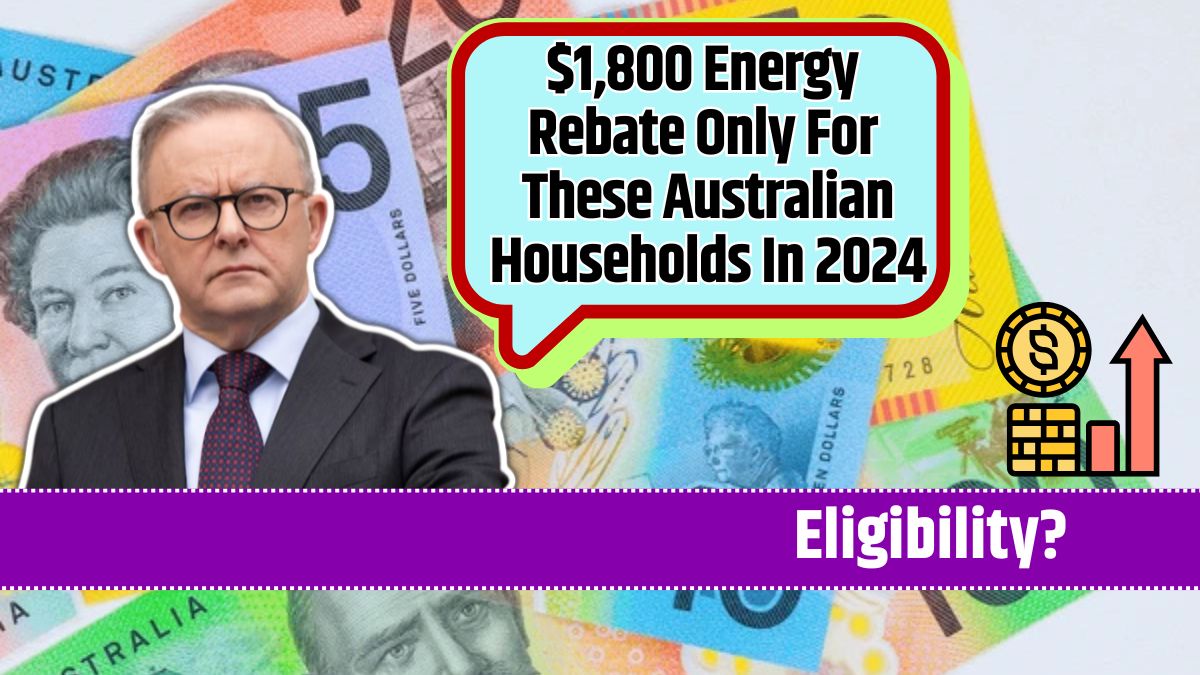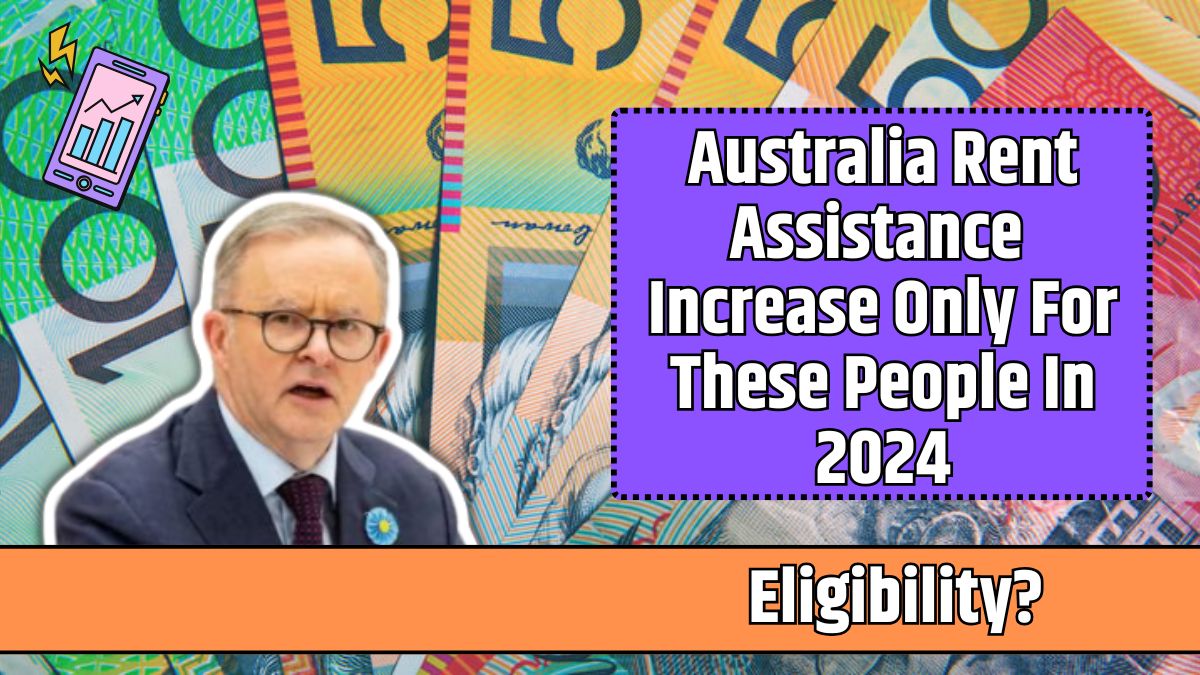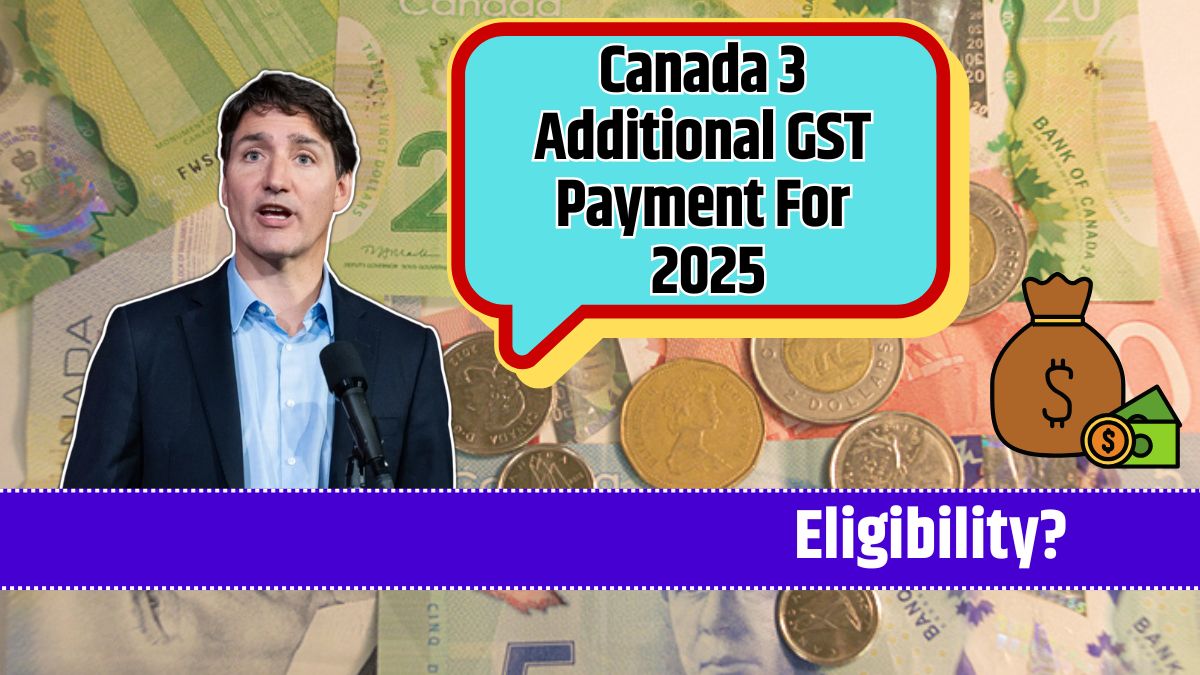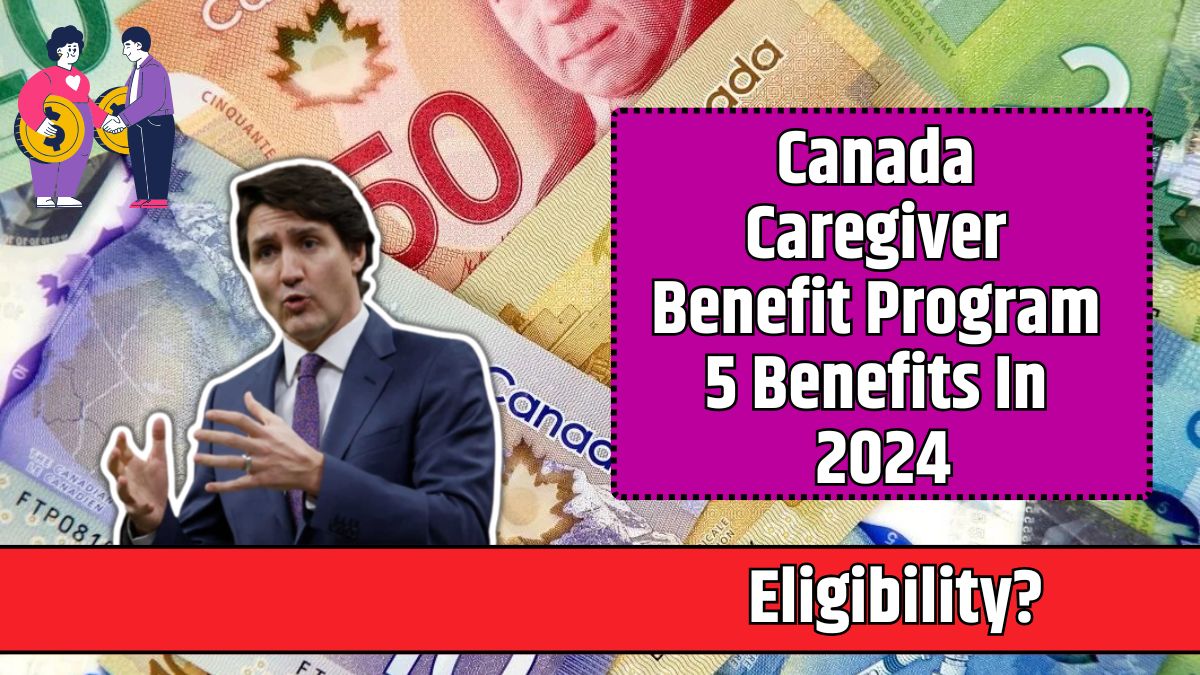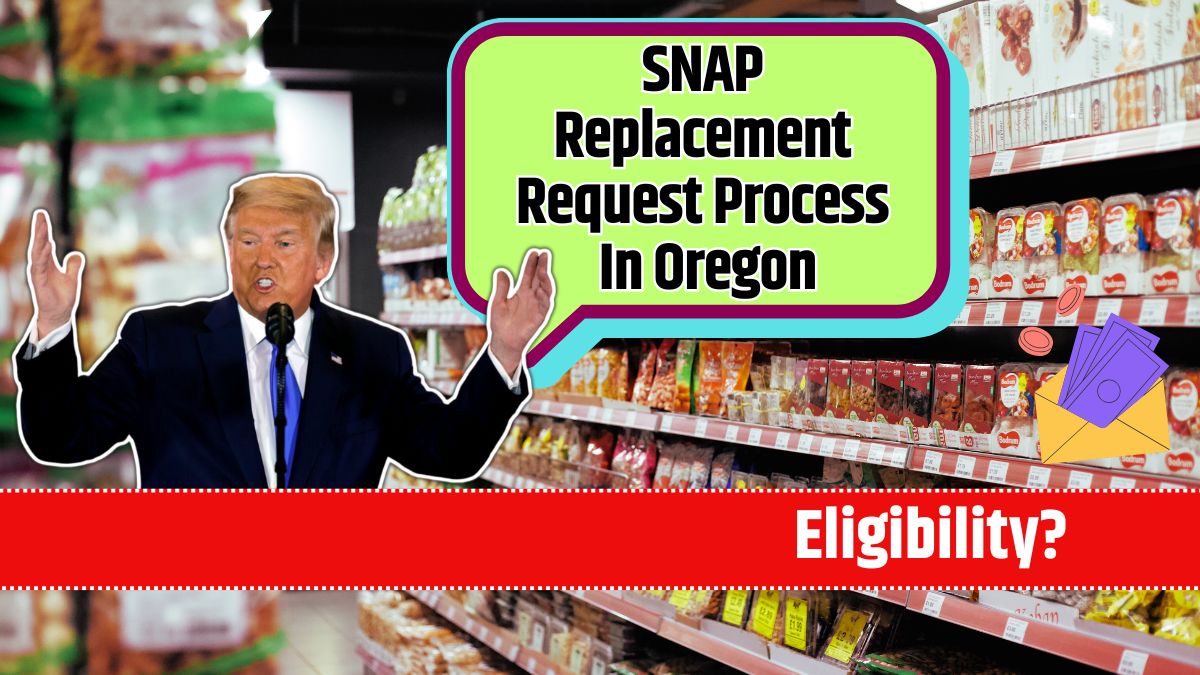South Africa’s Social Relief of Distress (SRD) grant, which increased from R350 to R370 in April 2024, is facing a legal challenge.
Advocacy groups argue that the R20 hike is far from enough to address the rising cost of living.
With inflation and economic pressures mounting, this issue has sparked a heated debate about the adequacy of social support systems in the country.
As the Pretoria High Court reviews the case, its outcome could redefine how South Africa approaches social welfare.
R20 SRD Grant Increase
The SRD grant was introduced in 2020 as a temporary lifeline during the COVID-19 pandemic, providing support for unemployed and low-income individuals.
Initially set at R350, it has since been extended multiple times, reflecting its critical role for many South Africans.
The R20 increase, however, has been widely criticized, leading advocacy groups like the Institute for Economic Justice (IEJ) to take the government to court.
Living Costs vs. SRD Grant
The rising cost of living in South Africa highlights why many feel the increase is inadequate.
Inflation, hovering at 7% in early 2024, has pushed up the prices of essentials like food, electricity, and transportation.
Monthly Expense Breakdown for a Low-Income Household
| Expense Category | Average Monthly Cost |
|---|---|
| Basic Food Items | R1,335 |
| Utilities (Electricity, Water) | R200 |
| Transportation | R150 |
| Essential Toiletries | R70 |
| Total | R1,755 |
With a monthly grant of R370, beneficiaries struggle to meet even the most basic expenses.
For many, this small increase fails to make a meaningful difference in their daily lives.
Comparing Social Grants
Other grants, such as the old-age pension, have seen larger increases. In 2023, the pension rose by R90 to reach R2,080 per month.
This stark contrast has fueled calls for a more equitable approach to supporting unemployed and low-income citizens.
The Legal Case
Key Arguments from Advocacy Groups
- Constitutional Right to Social Support
South Africa’s Constitution guarantees assistance for those unable to support themselves. Advocacy groups argue that the current SRD grant fails to meet this standard. - Inflation and Real Value
The cost of living has outpaced the R20 increase, reducing the grant’s purchasing power. Advocacy groups propose R624 per month as a more realistic baseline. - Access Barriers
The online-only application system excludes vulnerable individuals who lack internet access or digital literacy, further limiting the grant’s reach.
Government’s Position
The South African government cites fiscal constraints as a major reason for the modest increase.
With social grants costing R2.5 billion per month, officials argue that a higher increase could jeopardize resources for other essential services like healthcare and education.
Proposed Solutions
Advocacy groups have suggested several measures to improve the SRD grant’s effectiveness:
- Increase Grant Amount: Raise the grant to R624 per month to better cover basic needs.
- Expand Eligibility: Include individuals just outside the income threshold who still face financial struggles.
- Invest in Job Creation: Create opportunities to reduce dependence on grants.
Economic Impact of an Increase
While raising the grant would provide immediate relief, critics warn of long-term risks like increased government borrowing.
Economists argue that a balanced approach—combining enhanced social support with job creation—would be more sustainable.
Voices of Beneficiaries
For many recipients, the SRD grant is their sole financial lifeline. One beneficiary explained, “The R20 increase barely covers the cost of a loaf of bread. It doesn’t help with rent or electricity.” Such stories underscore the need for a stronger social safety net.
As the Pretoria High Court deliberates, the decision could reshape South Africa’s welfare policies. For millions of vulnerable citizens, the outcome represents more than just a number—it’s about survival and dignity.

